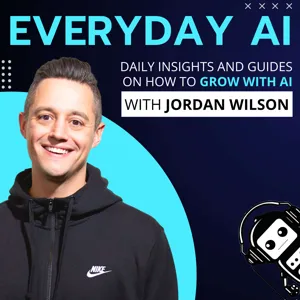Podcast Summary
NMR spectroscopy creates gin 'fingerprint': Researchers use NMR to standardize gin flavor, address industry issues, and ensure authentic consumer experience.
Researchers in Edinburgh, Scotland are using nuclear magnetic resonance spectroscopy (NMR) to create a "fingerprint" for gin flavors, which could lead to significant changes in the unregulated gin industry. This research, while expensive and not yet widely adopted, could help address industry issues such as climate change impacting juniper berries and protecting the gin industry's heritage. NMR spectroscopy could also provide consumers with more consistency in the definition and taste of gin, as the current lack of regulation allows for vast variation in what can be labeled as gin. The main EU requirements for gin are a 37.5% ABV and a predominantly juniper taste, but beyond that, distillers have creative freedom. This research could bring more regulation and standardization to the industry, ensuring a more authentic and consistent gin experience for consumers.
Balancing Regulation and Creativity in the Gin Industry: The gin industry thrives on flexibility and innovation, but faces challenges from counterfeits and climate change. Regulation can protect heritage and encourage innovation, but overly tight regulations or counterfeits can harm the industry. Striking a balance is essential for the gin industry's success and growth.
The gin industry is known for its creativity and innovation, with a less rigid definition of what makes gin, gin. This flexibility allows for the production of more diverse and interesting flavors, but also leaves the industry vulnerable to counterfeits. On the other hand, tight regulations in sectors like Scotch whisky are designed to preserve heritage but may stifle innovation. Climate change poses another challenge to the gin industry, as juniper berries, a key ingredient, are affected by changing temperatures and weather patterns, leading to flavor variations and potential shortages. While some regulation can be beneficial for innovation, overly tight regulations or counterfeits can harm the industry. Overall, striking a balance between regulation and creativity is crucial for the continued success and growth of the gin industry.
Impact of climate change on gin production: Climate change affects the taste and availability of certain gin ingredients, leading to potential changes in product quality. Scientists and reporters explore ways to mitigate these effects and ensure a consistent supply of high-quality ingredients, while alternative options like vodka-based cocktails exist for those who don't like gin.
The taste and availability of certain ingredients, like berries used in gin production, can be impacted by climate change. This means that the quality and quantity of these ingredients may change, leading to differences in the taste of gin. Reporters like Yves Thomas are exploring how science can help mitigate these effects and ensure a consistent supply of high-quality ingredients. Meanwhile, for those who aren't fans of gin like Lily Germani, there are always alternative options, like creating a tech-themed cocktail using vodka instead. And for kids looking to understand complex financial concepts, there's the Million Bazillion podcast, which tackles questions about money in an engaging and accessible way.






